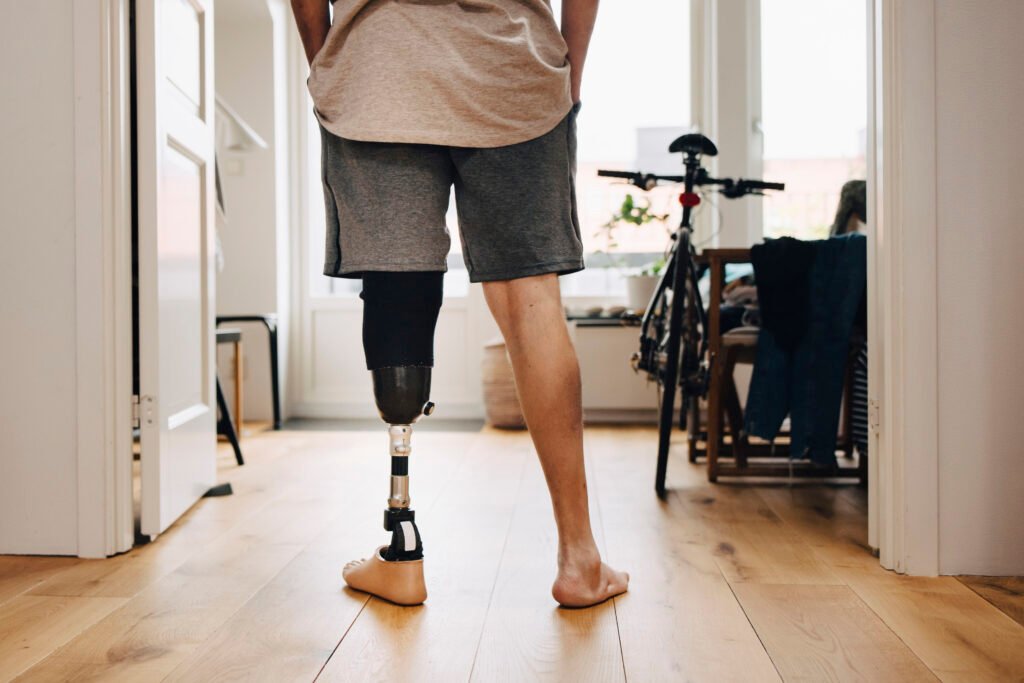Michael Adams, a 51-year-old man from Lafayette, Colorado, faced a challenging situation when his health insurance plan refused to authorize a replacement for his prosthetic leg. Having lost his right leg to cancer 40 years ago, Adams relies on a microprocessor-controlled knee to maintain stability and prevent falls. Despite his doctor’s prescription and the functionality of the specialized prosthetic, his insurer deemed it unnecessary, leaving Adams in a difficult position.
The disparity in coverage for prosthetic limbs versus joint replacements highlights a form of discrimination within the healthcare system. While knee or hip replacements are typically covered without much resistance, individuals like Adams who depend on prosthetics face significant hurdles in obtaining necessary devices. This discrepancy is not only unjust but also impacts the quality of life for many in the amputee community.
According to Jeffrey Cain, a family physician and advocate for the Amputee Coalition, insurance coverage for prosthetic limbs varies widely among private health plans. While insurers claim to prioritize medically necessary devices, many impose restrictions and caps on prosthetic coverage, hindering access for those in need. This lack of consistency in coverage affects an estimated 2.3 million people living with limb loss in the U.S., a number projected to increase in the coming years.
Legislation like the 2000 Colorado law requiring insurers to cover prosthetic arms and legs on par with Medicare has made strides in addressing coverage disparities. However, these laws only apply to state-regulated plans, leaving many individuals with private coverage unprotected. The Medicare program’s coverage of 80% for prosthetic limbs sets a standard that private insurers should strive to emulate, yet many beneficiaries still struggle to access necessary prosthetic devices.
Cost remains a significant barrier for individuals seeking prosthetic limbs, with many having to navigate payment plans or loans to afford these life-changing devices. The proposed rule by the Consumer Financial Protection Bureau to prohibit lenders from repossessing medical devices offers a glimmer of hope for those facing financial challenges in accessing prosthetics. However, stories like Leah Kaplan’s, who was denied coverage for a prosthetic hand essential for daily activities, underscore the ongoing struggles faced by many in obtaining necessary prosthetic devices.
As the healthcare system grapples with issues of coverage fairness and accessibility, advocates continue to push for reforms that prioritize the needs of individuals with limb loss. The stories of individuals like Michael Adams and Leah Kaplan serve as reminders of the importance of equitable coverage for prosthetic limbs and the profound impact it can have on the lives of those in need.


